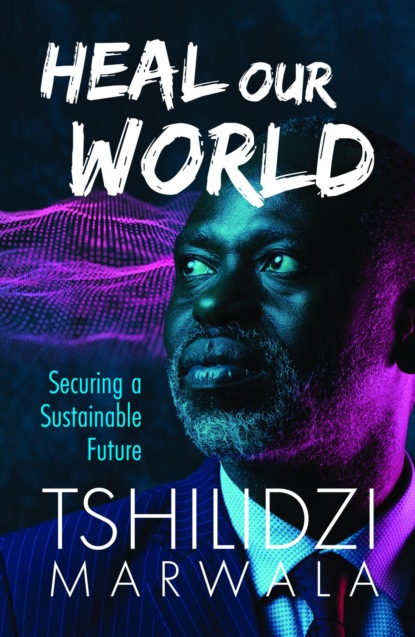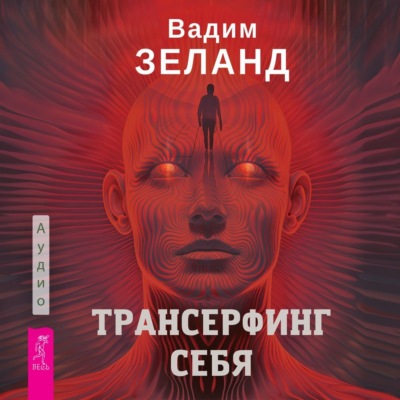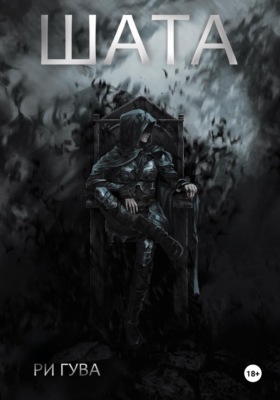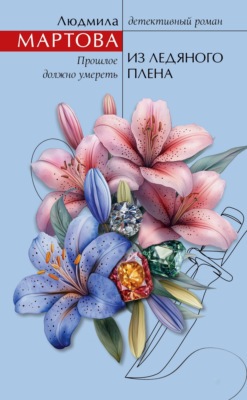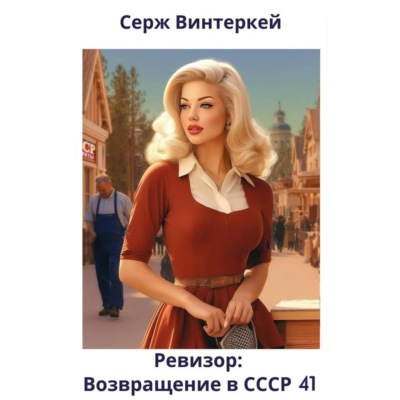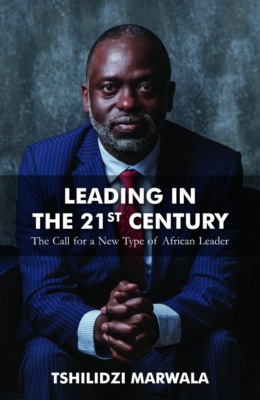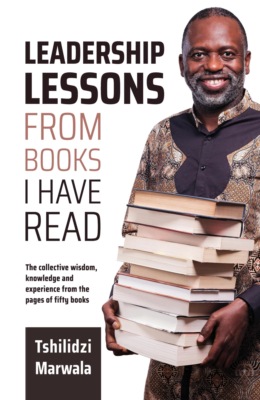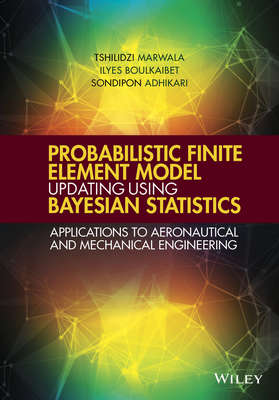Umfang 280 Seiten
Über das Buch
The world is emerging from the COVID-19 pandemic, more fragmented and further away from the more equal and equitable iteration imagined in 2015 when the Sustainable Development Goals (SDGs) were conceptualised.As we hurtle at seemingly lightning speed towards the 2030 deadline to achieve these goals, the urgency is palpable. Although we have certainly strayed further away from the targets, there is still time to act in order to ensure that we inch closer to this vision.Professor Tshilidzi Marwala paints a stark, and often grim, picture of our current context, one defined by monumental setbacks in the SDGs. Yet, as he carves out each developmental goal and its implications, it is apparent that there are tangible solutions that can be implemented now.Tshilidzi's assertion that now is the time to act is backed by intricate and actionable data with a simple mission statement: we must heal the future.He offers a new narrative that addresses how we can translate the latent potential that exists through technology, innovation and Fourth Industrial Revolution approaches to leadership and policy making to deal with, among others, corruption, poverty eradication, joblessness, an education system in crisis, declining economies and food insecurity.Heal our World is a deep dive into the SDGs, particularly in the African context, and it looks toward securing a future in which our divisions are blurred, and our goals seem almost in reach again.Tshilidzi Marwala, the author of
Heal our World, Leading in the 21st Century and
Leadership Lessons from Books I Have Read is the Vice-Chancellor and Principal of the University of Johannesburg. From 1 March 2023, he will be the Rector of the United Nations University based in Tokyo, Japan. He was previously Deputy Vice-Chancellor for Research and Executive Dean of the Faculty of Engineering at the University of Johannesburg and Full Professor at the Carl & Emily Fuchs Chair of Systems and Control Engineering at the University of the Witwatersrand.Tshilidzi holds a Bachelor of Science in Mechanical Engineering (magna cum laude) from Case Western Reserve University, a PhD in Artificial Intelligence from the University of Cambridge and a Post-Doc at Imperial College (London). He is a member of the American Academy of Arts and Sciences, The World Academy of Sciences (TWAS), the Academy of Science of South Africa (ASSAf), the African Academy of Sciences (AAS) and the South African Academy of Engineering (SAAE). He is a distinguished member of the Association for Computing Machinery (ACM). His research interests are multidisciplinary and include the theory and application of artificial intelligence to engineering, computer science, finance, social science and medicine.He has supervised 37 doctoral students. He has also published 23 books on artificial intelligence (one translated into Chinese) and over 300 papers in journals, proceedings, book chapters and magazines. He holds five international patents.
